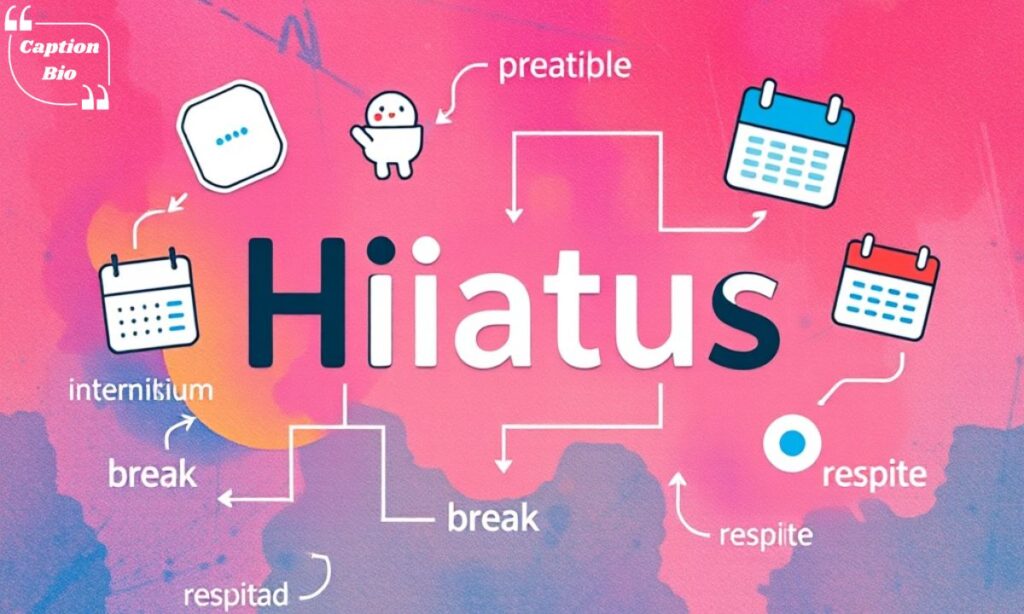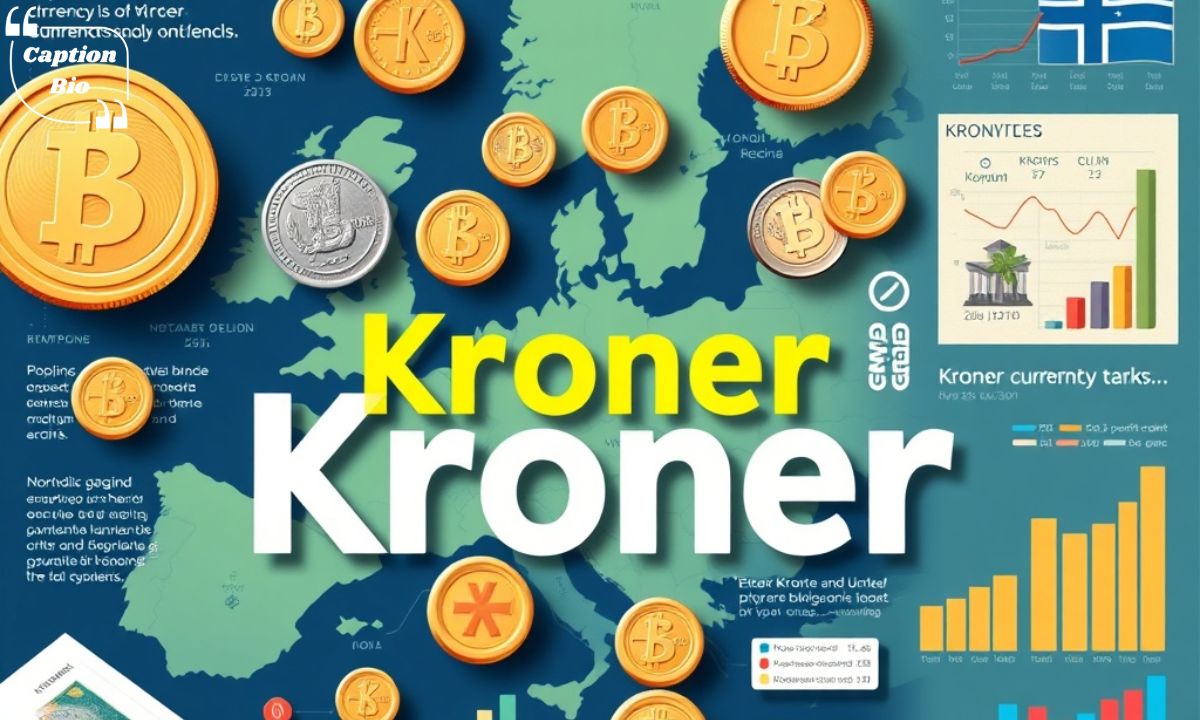The Kroner is a well-known currency name used in several countries, including Denmark and Norway, each with its own value and history. In 2025, understanding its meaning is more important than ever, especially for travelers, investors, and businesses engaged in international trade. The term “kroner” translates to “crown” in English, symbolizing its royal heritage and longstanding role in national economies. This guide will break down its origins, current use, and relevance in today’s global market.
Over time, the kroner has evolved to adapt to modern financial systems, including digital transactions and global exchange rates. Whether you’re curious about its history or its position in the 2025 economy, knowing the details can help you make informed decisions. This currency remains an essential part of the identity and economy of the countries that use it. From physical banknotes to online transfers, the kroner continues to play a vital role in global finance.
“Kroner” – Currency and Beyond
The word “Kroner” represents more than just a form of money; it reflects a deep cultural and historical connection to the nations that issue it. Originating from the term for “crown,” it symbolizes authority, stability, and tradition in the financial systems of countries like Denmark and Norway. While primarily recognized as a currency, its name and legacy also carry a sense of pride and national identity. In 2025, “Kroner” remains both a practical tool for trade and a symbol of economic heritage.
Definition and Origin:
The term kroner means “crown” in Scandinavian languages and originated as a symbol of royal authority in currency.
Danish Krone (DKK):
Denmark’s official currency, introduced in 1875, is pegged closely to the euro through the ERM II system for stability.
Norwegian Krone (NOK):
Norway’s official currency, adopted in 1875, is free-floating and heavily influenced by the country’s oil and energy exports.
Swedish Krona (SEK):
Sweden’s official currency, introduced in 1873, is part of the Scandinavian Monetary Union legacy and remains free-floating today.
“Kroner” in Slang:
In casual conversation, “kroner” can simply mean “money” or “cash,” often used informally across Scandinavian countries.
“Hiatus” – Meaning, Usage, and Alternatives

“Hiatus” refers to a temporary pause or break in an activity, event, or process, stemming from the Latin word meaning “gap” or “opening.” It’s commonly used to describe planned interruptions, such as a TV series taking a break between seasons, an academic term gap, or a creative rest for artists and writers. The word carries a sense of temporary absence rather than a permanent stop. Common alternatives include “pause,” “break,” “intermission,” and “suspension,” each varying in tone and context.
Definition:
Hiatus refers to a temporary break, pause, or gap in continuity, derived from the Latin word meaning “gap” or “opening.” It conveys the idea of something being put on hold rather than ending permanently.
Usage in Different Contexts:
The word is used in multiple fields, each giving it a slightly different meaning while retaining the core idea of an interruption or space.
General Use:
In everyday language, it describes pauses in activities, events, or routines—such as taking time off work, a break in studies, or a brief stop in projects.
Anatomy:
In medical terms, it denotes a natural opening or gap in a body part, such as the esophageal hiatus in the diaphragm, which allows structures to pass through.
Linguistics:
In language studies, it means the occurrence of two vowel sounds next to each other in different syllables without a consonant between them, often affecting pronunciation.
Television:
In media, it refers to a planned gap between episodes or seasons of a show, typically used for production schedules or seasonal breaks.
Alternatives to “Hiatus”
can be chosen based on the tone, setting, and audience, ensuring the meaning stays clear while matching the situation. This flexibility helps communicate a pause or gap in a way that feels natural to the context.
Formal Alternatives:
Words like suspension, interruption, moratorium, or adjournment are ideal for academic, legal, or official uses. They convey authority and precision when referring to an intentional pause.
Professional Alternatives:
Terms such as break, pause, downtime, or intermission fit well in workplace, business, or production environments. These words keep the tone clear and professional while still being accessible.
Casual Alternatives:
Common options like time-out, breather, gap, or rest are perfect for friendly, conversational situations. They add a relaxed tone while still making it clear that the pause is temporary.
Frequently Asked Questions
What does “hiatus” mean?
It’s a temporary pause or break in continuity.
Is a hiatus permanent?
No, it usually refers to a planned or temporary break.
Where is the term “hiatus” commonly used?
It’s used in everyday speech, anatomy, linguistics, and media.
What is an example of a hiatus in television?
A break between seasons or episodes of a show.
What are common alternatives to “hiatus”?
Pause, break, intermission, suspension, or time-out.
Conclusion
The term “hiatus” captures the idea of a pause that is intentional, meaningful, and often necessary. Whether in professional, creative, or everyday contexts, it serves as a reminder that breaks can be part of progress rather than setbacks. Understanding its meaning across fields such as media, anatomy, and linguistics adds depth to its usage. This makes it a versatile term for expressing temporary interruptions with clarity.
Taking a hiatus can allow individuals, teams, or productions to recharge, refocus, and return stronger. From formal settings that require precise terms to casual conversations that need simple expressions, alternatives to “hiatus” offer flexibility. Knowing when and how to use the word ensures your message is accurate and well-received. Ultimately, a hiatus is not an end, but a valuable pause before moving forward.

Jane Doe, founder of CaptionBio.co.uk, crafts heartfelt messages to inspire love, gratitude, and daily positivity. Let’s spread kindness through words!






